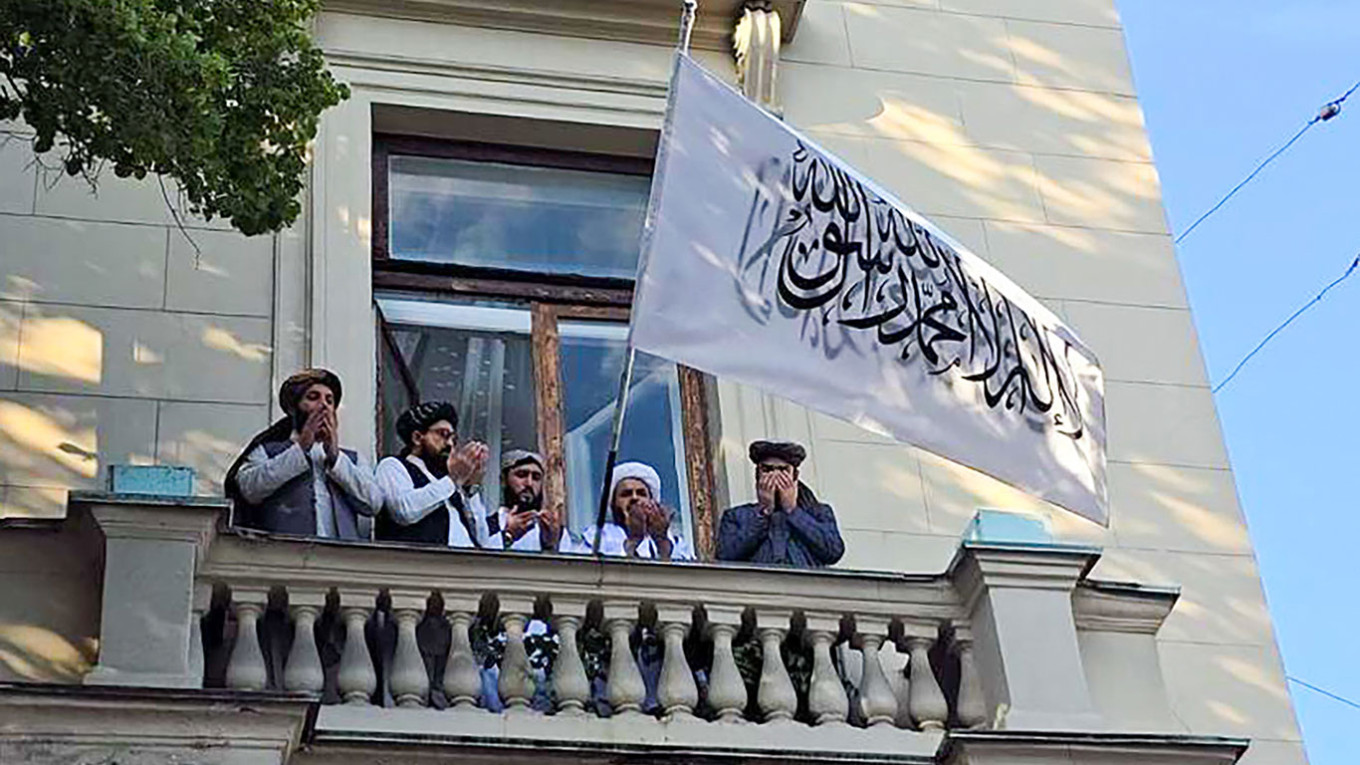Experts indicate that Russia’s initiative to be the first nation to officially acknowledge the Taliban government in Afghanistan is primarily symbolic and does not significantly alter the existing dynamics between Moscow and Kabul.
“Recognizing the Islamic Emirate of Afghanistan is essentially a symbolic act that highlights the amicable relations between Moscow and Kabul, particularly at a time when the Kremlin is finding itself isolated internationally,” stated Ruslan Suleymanov, a specialist in Central Asian affairs.
Suleymanov further noted that while this recognition is not likely to dramatically shift the current situation, “the Taliban, who are adept at using symbolism, will appreciate Moscow’s gesture — though it remains largely symbolic in nature.”
Russian Ambassador to Kabul Dmitry Zhirnov mentioned that President Vladimir Putin made the decision to recognize the Islamic Emirate of Afghanistan upon the recommendation of Foreign Minister Sergei Lavrov.
Zhirnov emphasized that this action “illustrates Russia’s genuine intention to develop a comprehensive partnership with Afghanistan.”
Earlier in April, Russia had removed the Taliban from its list of terrorist organizations, almost a year after Putin referred to the group as “allies in the fight against terrorism.”
In response, Afghanistan’s government described the recognition as “a courageous decision.”
However, “despite popular belief, this decision did not come easily,” remarked Nikita Smagin, a specialist in Russian foreign policy in the Middle East.
“Discussions regarding this matter have been ongoing since the Taliban regained power in Afghanistan. Had there been complete agreement, the Taliban flag would have flown over the Moscow embassy much sooner,” Smagin mentioned, pointing out that while Russia’s Foreign Ministry favored recognition, sentiments within the country’s security services were “considerably more cautious.”
Smagin also added that the acknowledgment “provides limited tactical benefits” since “the Taliban are unlikely to be dependable partners, and Afghanistan does not hold the same strategic significance as Syria or Iran.”
Political analyst and Afghanistan specialist Andrei Serenko noted that “the recent news from Russia has dismayed many Afghans,” particularly those opposed to Taliban governance.
The Taliban took control in 2021 after overthrowing an internationally supported government, subsequently implementing a strict interpretation of Islamic law.

